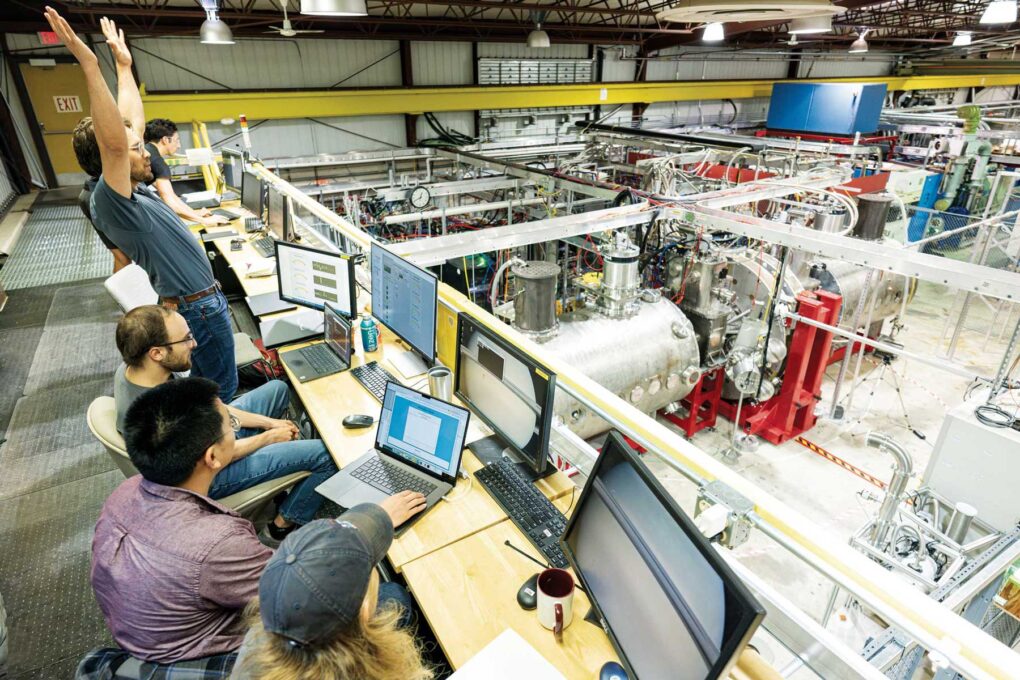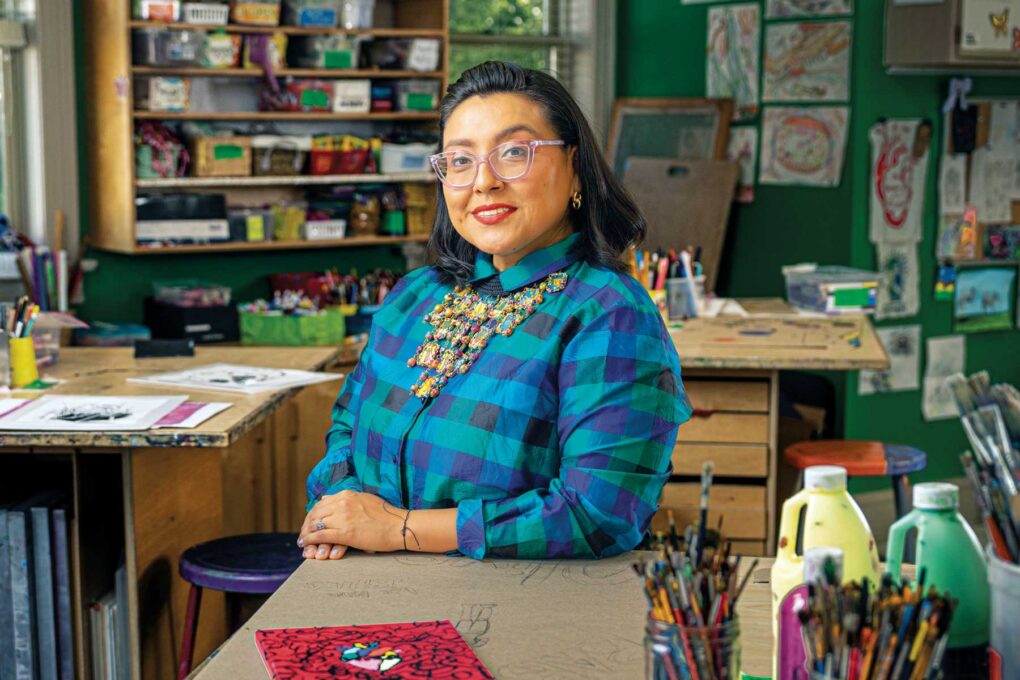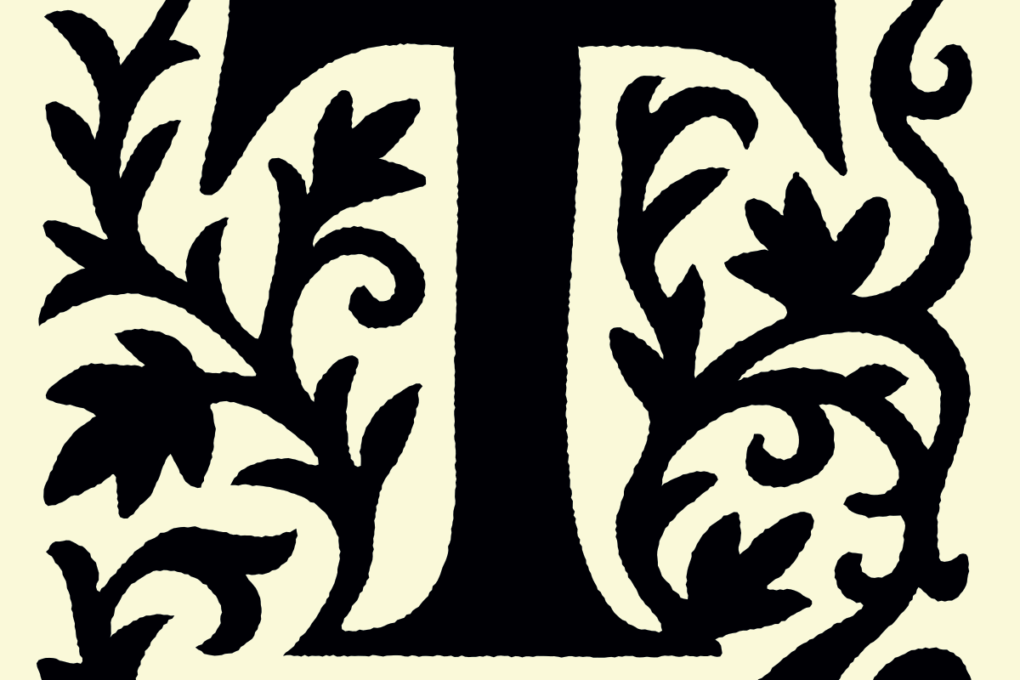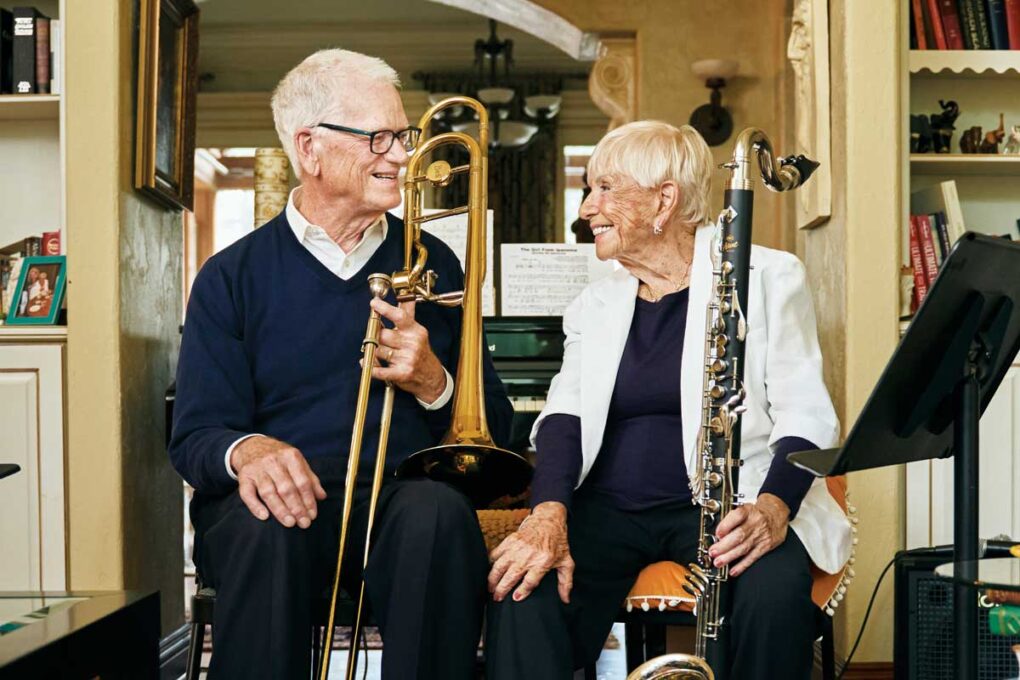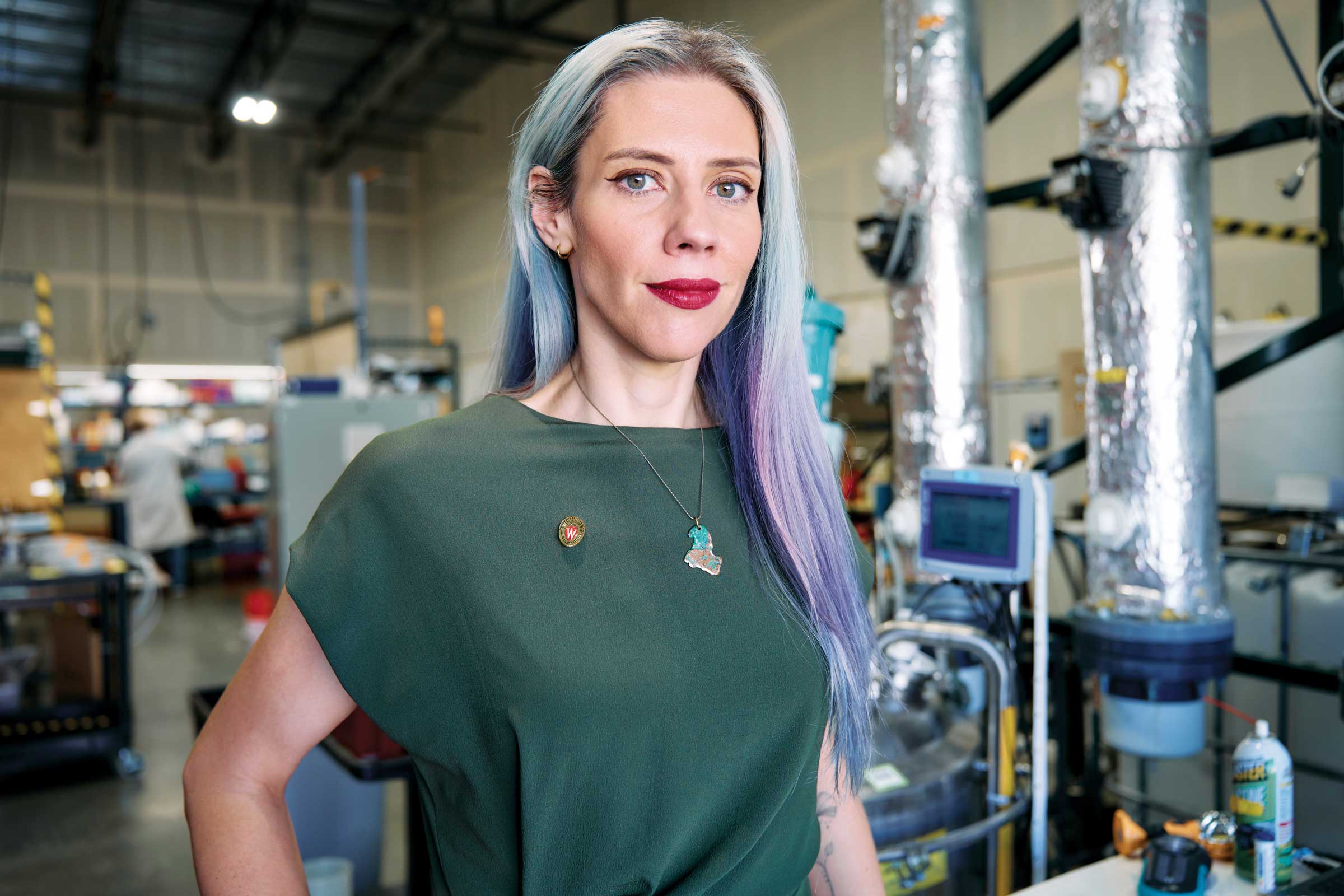
What is society’s biggest impending threat? It’s a question that sparked a lively debate for Liz Dennett (MS’10, PhD’14) and her friends in a Scottish pub.
“I thought it was going to be freshwater, because I know how many gallons of it go into my phone,” says Dennett, who received her master’s and doctoral degrees in geoscience. But one of the researchers she was with was confident he knew the real answer. He told her, “Actually, it’s going to be copper.”
He explained that the lack of access to copper is on track to becoming a civilization-level bottleneck. It’s needed for electrical wiring, plumbing, construction, cars, machinery and, yes, even phones. Artificial intelligence has exacerbated this, with each individual AI data center requiring 10 to 15 tons of copper. Between now and 2050, society will use more copper than in all human history—but copper is a non-renewable resource and the ways of acquiring more are typically environmentally disastrous because they intrude on the sea floor or areas of the earth that shouldn’t have mines.
It shouldn’t have to be a choice of how we protect the Earth versus how we progress our renewable energy infrastructure.
Oddly enough, the problem didn’t seem insurmountable to Dennett—she had ideas for solutions. Her first draft was admittedly a bit rudimentary. She figured that if there was ever a copper crisis, the United States could just recycle pennies. But that was quickly shut down, when she learned that modern pennies don’t actually have any copper in them. Then the problem-solving skills she picked up through years of education and research at UW–Madison kicked in.
“Why don’t we just take microbes, engineer them, spread them on heap leaches, couple them with cloud computing and bing, bang, boom, Bob’s your uncle,” says Dennett, using scientific terms to explain how harnessing microbial communities can make the most of the copper resources that already exist without the need for more new mines. The same scientist who proposed the problem gave an answer that would become a catalyst for Dennett to become the founder and CEO of Endolith, a company creating the biotechnology needed to make mining more sustainable and effective: “I don’t know, Liz, why don’t you?”
Laughing, Dennett says she hasn’t slept well since.
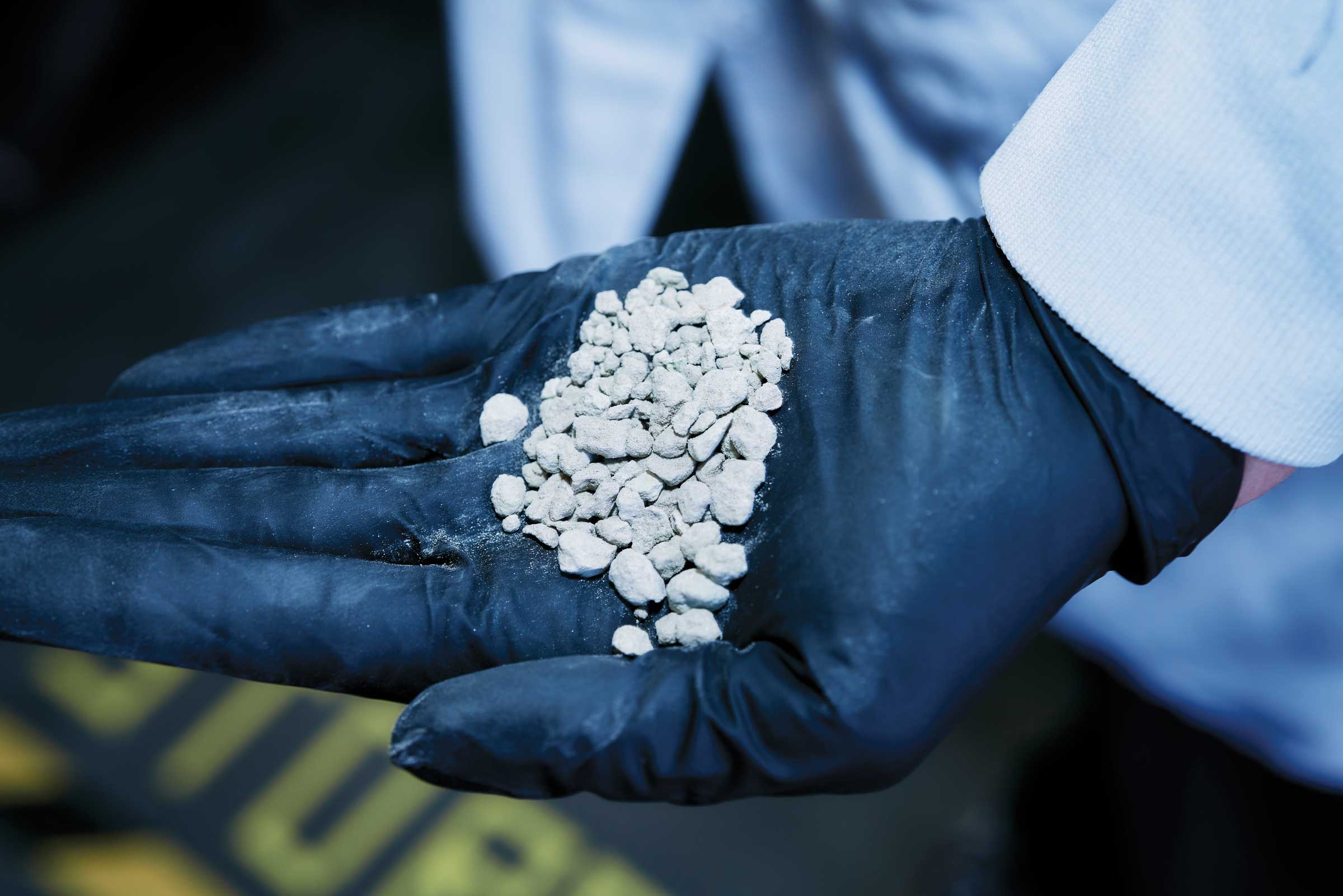
Yet, founding a company was never on her bucket list. Before becoming an environmental entrepreneur, Dennett was a kid growing up in small-town Alaska with her nose in science fiction novels like Jurassic Park. Books inspired her to study geology when she went for her undergraduate degree at the University of Alaska Anchorage, eventually carving out a specialty in astrobiology. UW–Madison’s connections with NASA caught her attention and, after touring several schools, she chose Wisconsin to complete her education.
“I was concerned about feeling like a fish out of water,” says Dennett, who was the first person from her high school to earn a PhD. “But there was something about the Wisconsin Idea and how people approached every aspect of it. From being warm, friendly and inclusive to the quality of research without ego and the depth of expertise within the department, I just felt like I was at home immediately. To this day, I’ve never felt anything like it.”
While on campus, Dennett was committed to making the most of every opportunity presented to her. She taught spin classes to the swim team, competed in triathlons, became an officer in the geoscience club and took science journalism classes despite not needing them for her degree. She even co-taught an astrobiology class with Mary C. Jacoby Professor of Astronomy Eric M. Wilcots before he became the Dean of the College of Letters & Science and a lifelong friend.
The place on campus that most stole her heart was the Geology Museum. If you visit there today, you’ll find an astrobiology exhibit that she helped produce when she volunteered there as a student. Even as an alumna living out of state, she still has managed to have an impact, most recently as the lead donor helping the collection acquire a meteorite that was found in the Town of Vienna, Wisconsin. The museum is a must-stop when she returns to campus at least twice a year.
“My time in Madison was an absolutely foundational element that has enabled every single thing that I do now,” Dennett says. “It manifests in how I communicate about the science, how I think through inventing our way through challenges and even the gratitude I have for the opportunities that come my way.”
She draws on these skills often as a CEO and researcher. There’s no road map for the work she and her team at Endolith are doing, and most startups in the mining industry are unsuccessful. But they have something other ventures don’t: technology that works. Endolith’s microbes significantly increase recovery of a variety of ore types. Dennett believes they could close the copper gap between now and 2050.
“People said it was impossible, and it was crazy,” Dennett says. “But if people don’t think you’re crazy and you’re not uncomfortable, you’re not pushing the limits far enough.”
With early success stories and happy customers, Endolith is getting ready to head into the field and start large-scale commercial deployments. And while they’re starting with copper, this technology can be applied to other critical minerals, which could help secure supply chains and support the world’s clean energy goals.
“It shouldn’t have to be a choice of how we protect the Earth versus how we progress our renewable energy infrastructure,” Dennett says. “We should be able to do both, and we’re leveraging microbes to do that.”

